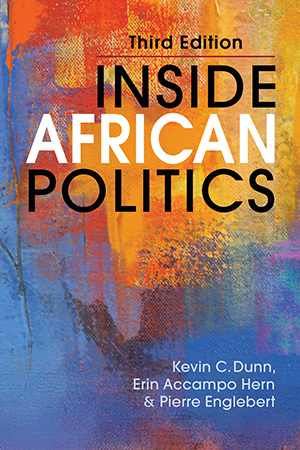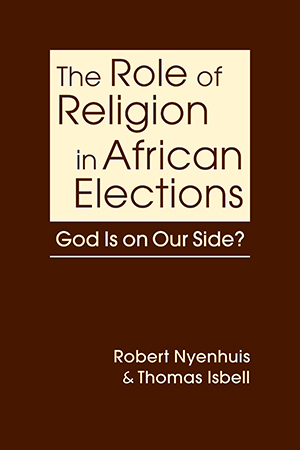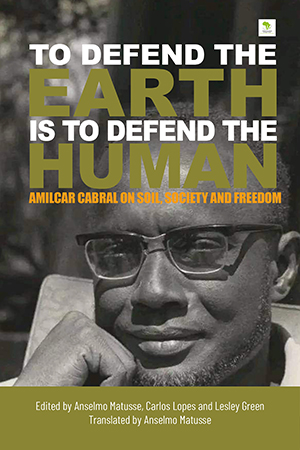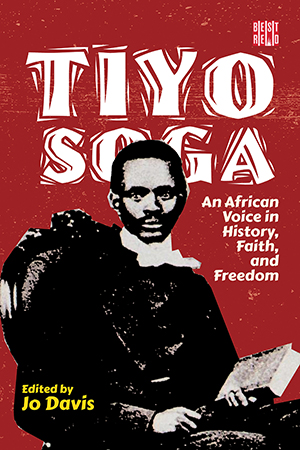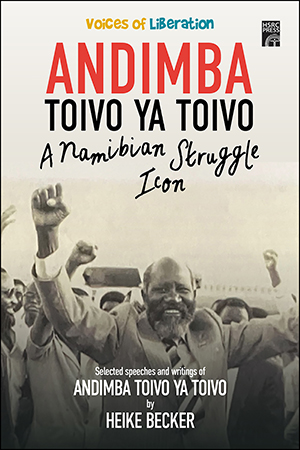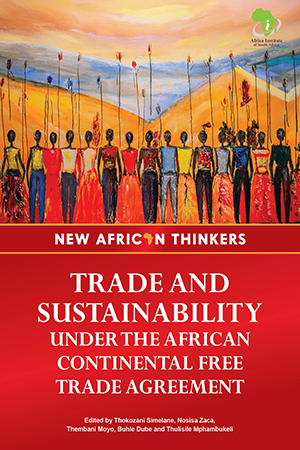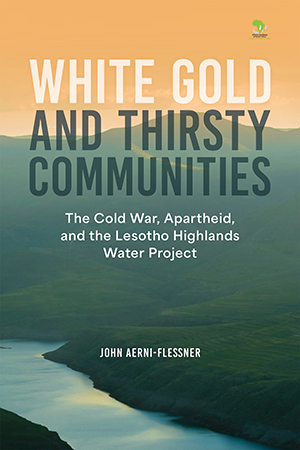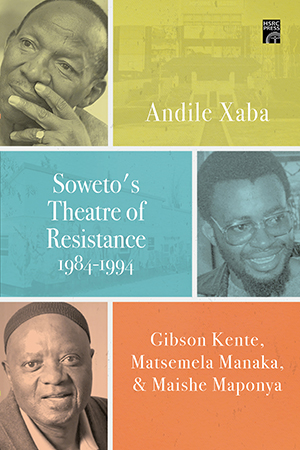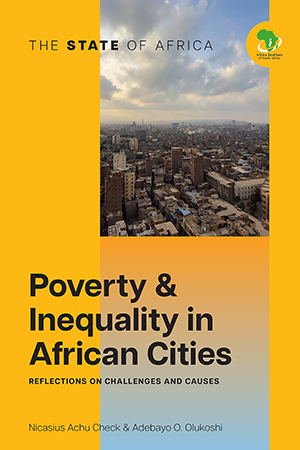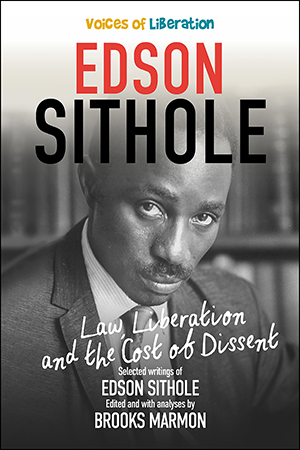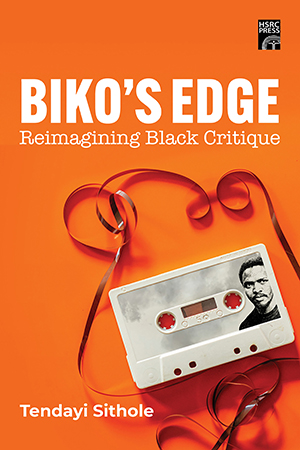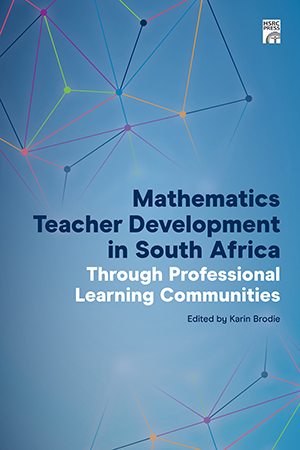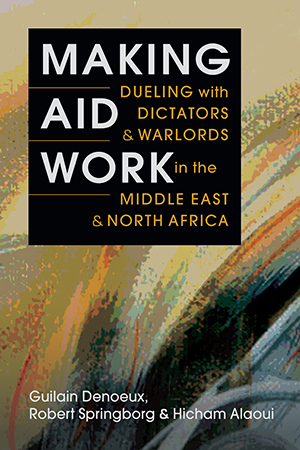Africa
While fragile countries around the world have reverted to conflict soon after the achievement of a purported peace deal, how have both Liberia and Sierra Leone maintained a relative, if More >
A shifting global order. The impact of the Covid-19 pandemic. The emergence of an African "coup belt." Increasingly pressing environmental issues. These are just some of the More >
Twenty years after Nelson Mandela commissioned the first HIV household survey in South Africa, this latest data collection undertaken by the Human Sciences Research Council and its partners More >
Does religion play a significant role in voting behavior in sub-Saharan Africa? The perception has long been that religious identity has little impact on electoral decisionmaking, with many More >
"To defend the Earth is to defend the human." "The soil preserves people. Can people preserve the soil?" Amilcar Cabral's words continue to resonate deeply even More >
Presenting fresh scholarship on the pivotal nineteenth-century Xhosa intellectual Reverend Tiyo Soga (1829–1871), this collection reframes how we understand a sophisticated thinker who More >
Heike Becker chronicles the life and legacy of Andimba Toivo ya Toivo (1924–2017), a towering figure in Namibia's fight for freedom. Combining a concise biography with speeches, More >
Emerging scholars from across Africa ask critical questions about the African Continental Free Trade Agreement (AfCFTA). For example: How can AfCFTA move beyond rhetoric to boost More >
The story of the Lesotho Highlands Water Project (LHWP) is a tale both of international diplomacy and of the ways that high politics and the antiapartheid struggle played out—and More >
Three Soweto playwrights. Three distinctive theatrical styles. Each using plays to communicate messages of humanism, Black Consciousness, and Black solidarity. Andile Xaba traces the More >
Rapid population growth, poor infrastructure, and inadequate housing markets, all combined with haphazard urban planning, have created unprecedented levels of poverty and inequality in More >
Born in Southern Rhodesia, self-made intellectual Edson Sithole (1935–1975?) was a lawyer (the first Black person in southern Africa to earn a doctorate in law), an anticolonial More >
Tendayi Sithole shows just how original and radical Steve Biko's (1946–1977) thinking really was. Sithole's Black Critique approach highlights how Biko's work tears More >
The authors take a deep dive into South Africa's Data-Informed Practice Improvement Project (DIPIP), an innovative program designed to support the professional development of mathematics More >
With hardening authoritarianism and state capture by militias exacerbating the challenges faced by providers of development and political aid across the Middle East and North Africa, how can More >




